The Prophet (saw) said, ‘The first thing we will do on this day of ours, is to offer the (Eid) prayer and then return to make the sacrifice. Whoever does so, he acted according to our Sunnah…’ (Bukhari)
So, is it only a Sunnah and not a fard?
The Hanafi school states that any adult, sane Muslim who possesses the minimum amount (the Nisab) must sacrifice and donate Qurbani. In short, if you are eligible to pay Zakat because you possessed more than the Nisab, you must offer a sacrifice (Qurbani or Udhiya).
The Maliki and Hanbali schools state that the person responsible for the household can make the sacrifice or Udhiya or Qurbani on behalf of the members in their immediate household.
However, if you live in a household where more than one person possesses more than the Nisab amount and pays their own Zakat, then the best and safest option is for all who pay Zakat to offer their own sacrifice or Udhiya or Qurbani.
If you cannot afford it (you don’t have more than the Nisab amount), you are excused from making the sacrifice.
The animals are treated gently and with care. Read our blog here to learn more about how animals are treated in the process.
The slaughter will take place on one of the three days of Eid. If you pay for your Qurbani on the second or third day of Eid, the Udhiya will still be carried out on one of the days of Eid.
‘The Prophet (saw) sacrificed for the one who could not sacrifice from his Ummah, one who bore witness to the Oneness of Allah and [his] Prophethood’. [Tabarani and Ahmad]
After fulfilling his personal obligation, the Prophet (saw) sacrificed an additional Udhiya/Qurbani in the name of the Muslims who could not afford to do so. Revive this forgotten Sunnah and provide more families and their children with a piece of joy on Eid ul Adha and to facilitate a day of celebration for them.
In addition, all animals must be healthy and free of disease, including the following conditions:
You can make your donation as early as you would like to. Do not delay your donation – it is better to be earlier than it is to be late! Nevertheless, you can make payments right up until the end of the second day after Eid (before Maghrib).
The Prophet (saw) said, ‘When the ten days (of Dhul Hijjah) start, and one of you intends to sacrifice, then let him not cut his hair or his nails’. (Muslim)
If you have missed Qurbani in a previous year, you can make it up this year by sacrificing an extra animal. Simply calculate how many years you’ve missed and you will know how many animals you need to sacrifice.
When performing the Qurbani, the names of the people should be mentioned after mentioning Allah’s name and glorifying him.
You fulfill your Qurbani locally, or through an organization that takes care of the entire process for you. Human Concern International delivers your Qurbani to families in need all over the world. For as little as $60, a family in need will receive a share of your udhiya.
Eid Mubarak in advance!
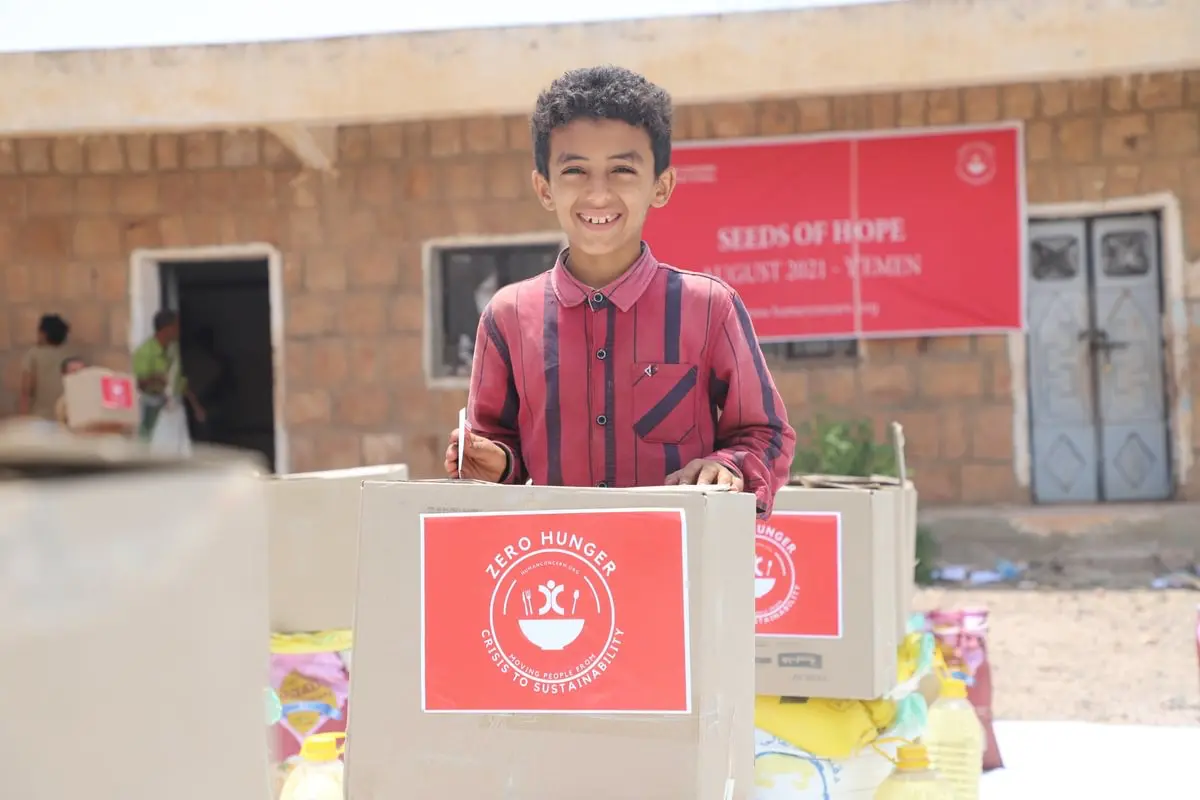
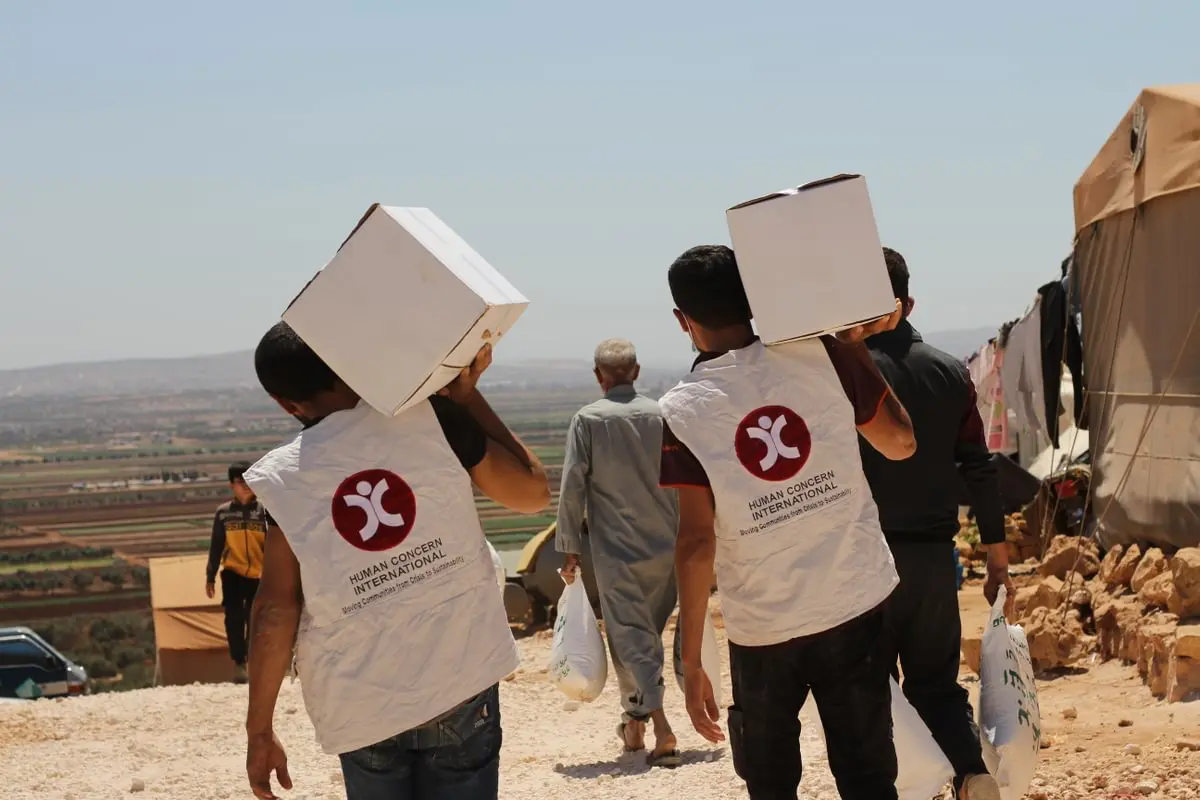
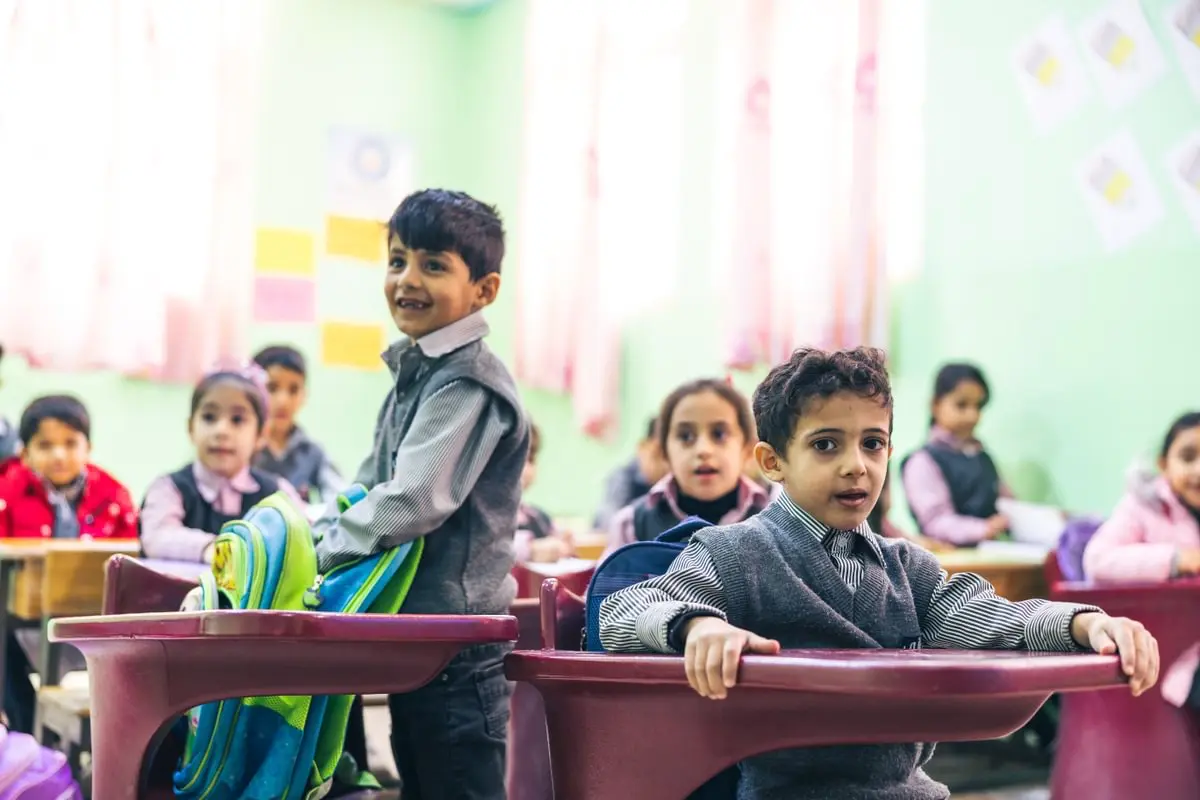
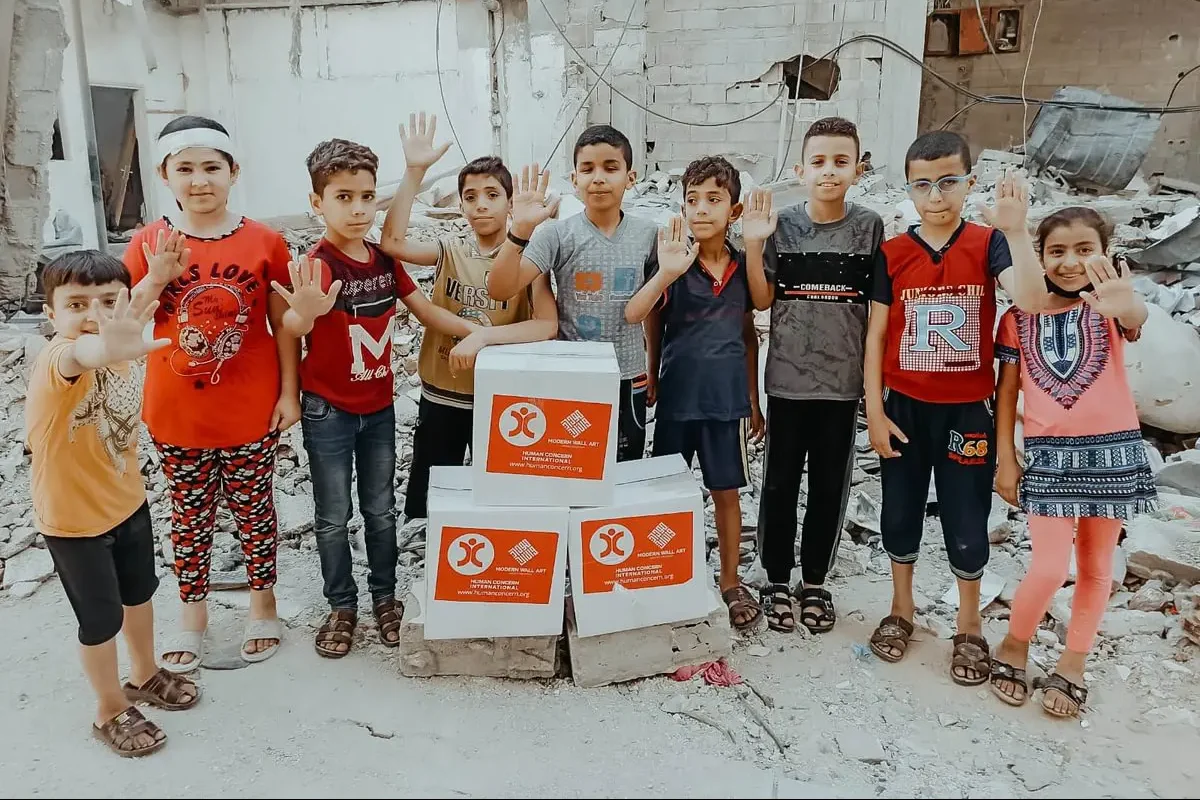
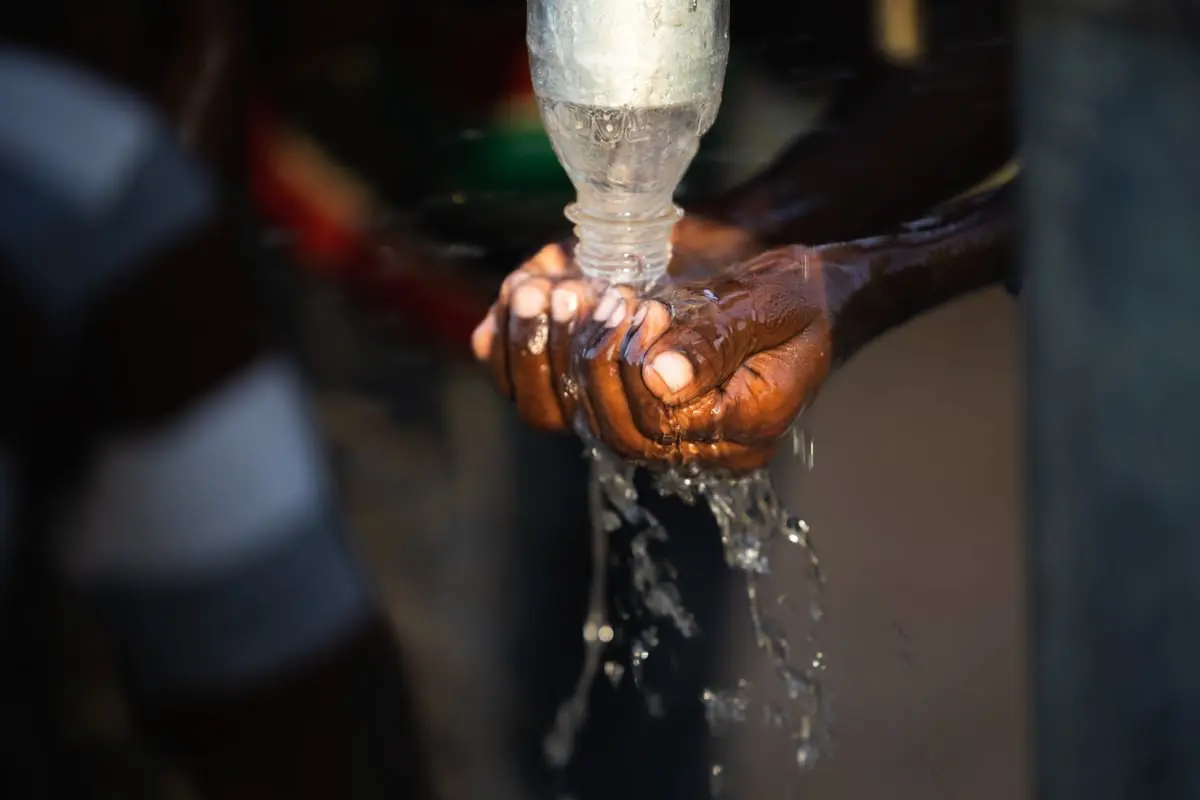
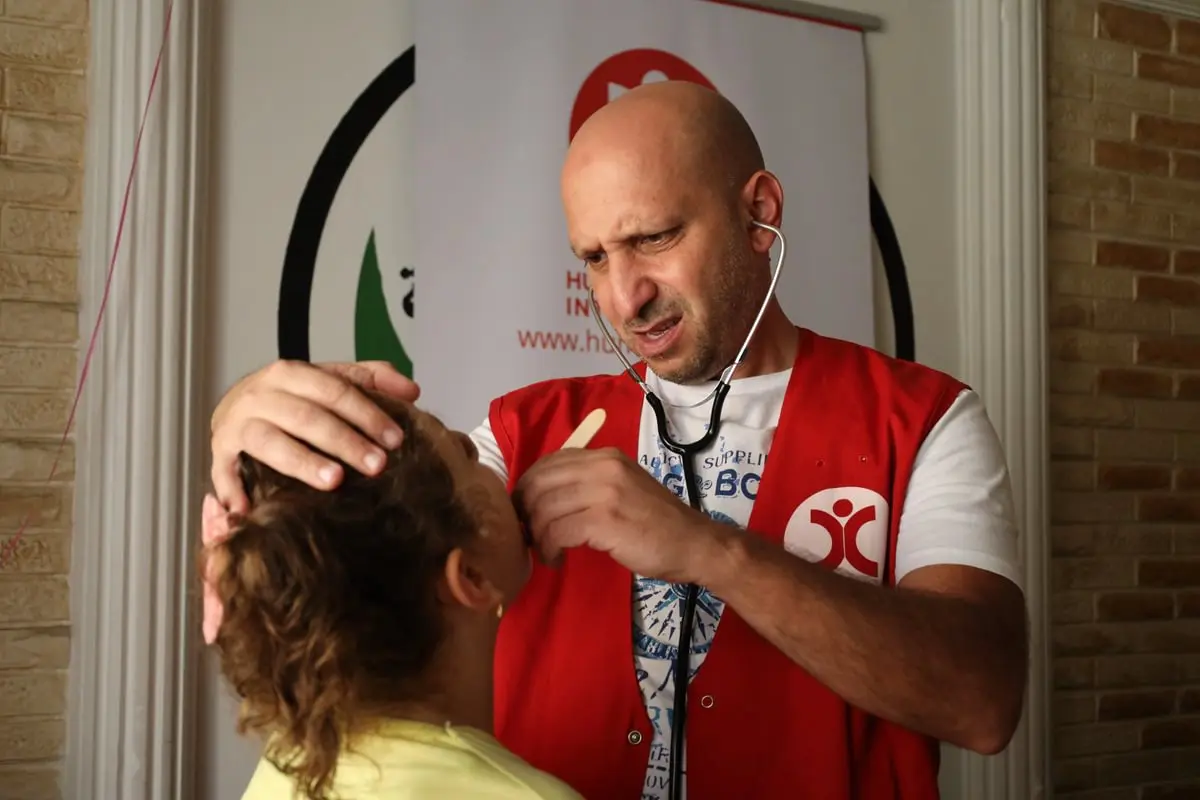
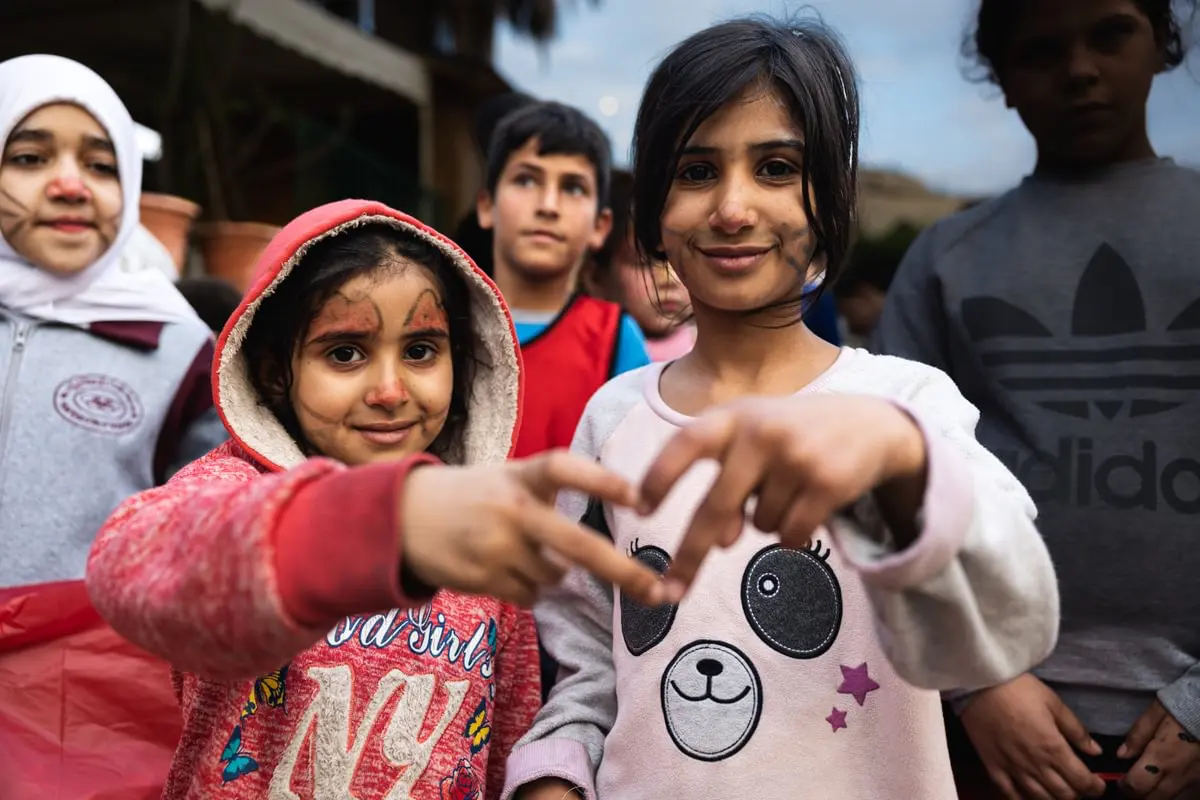
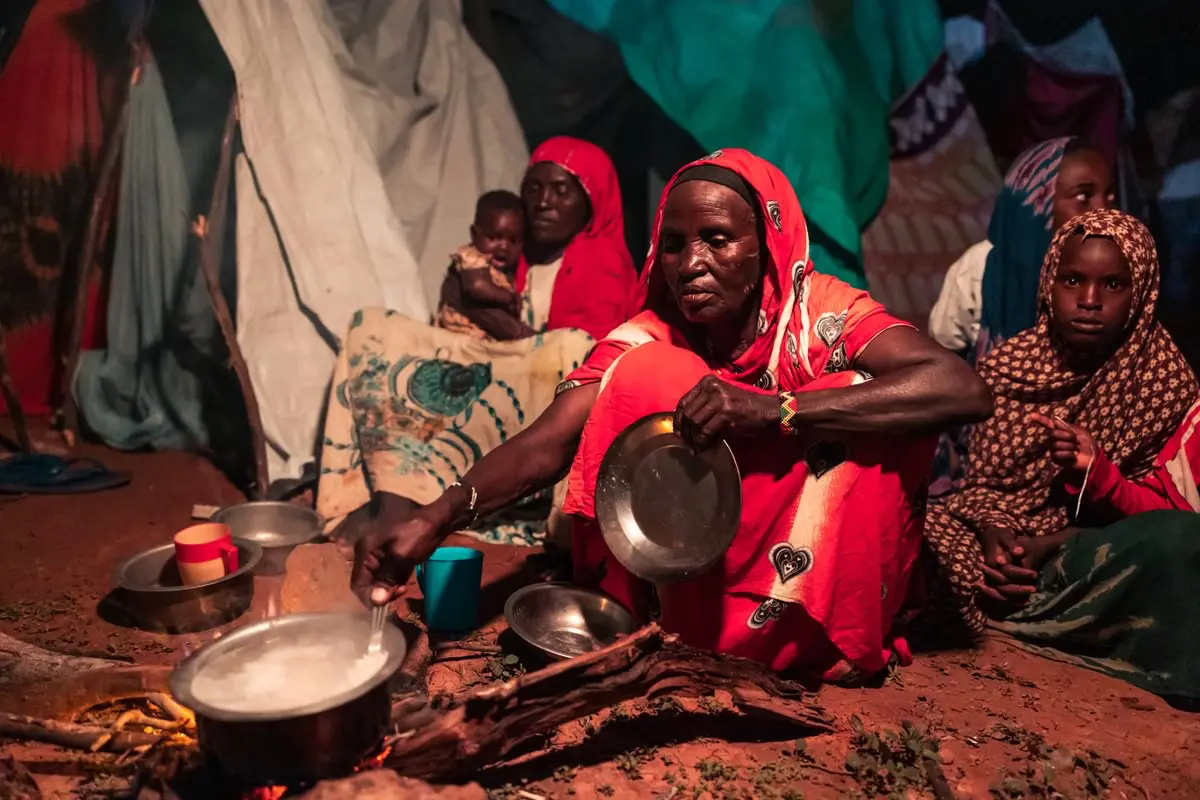
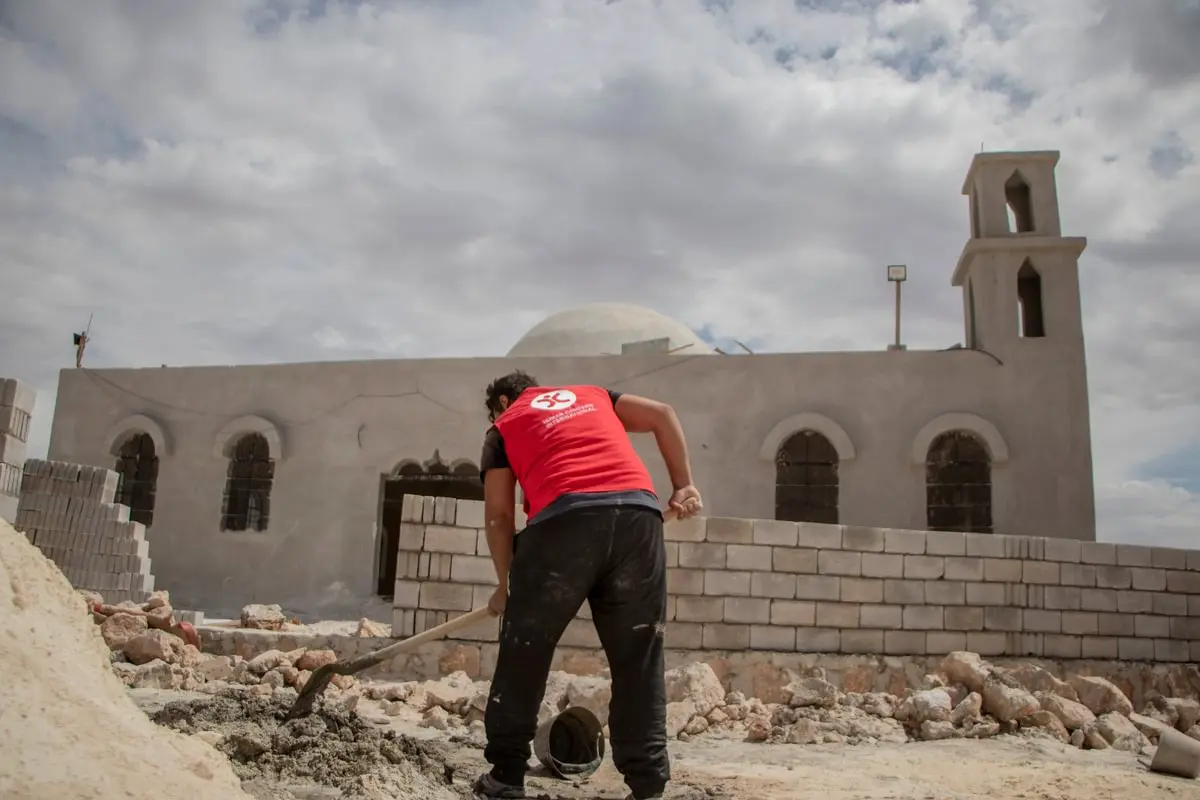
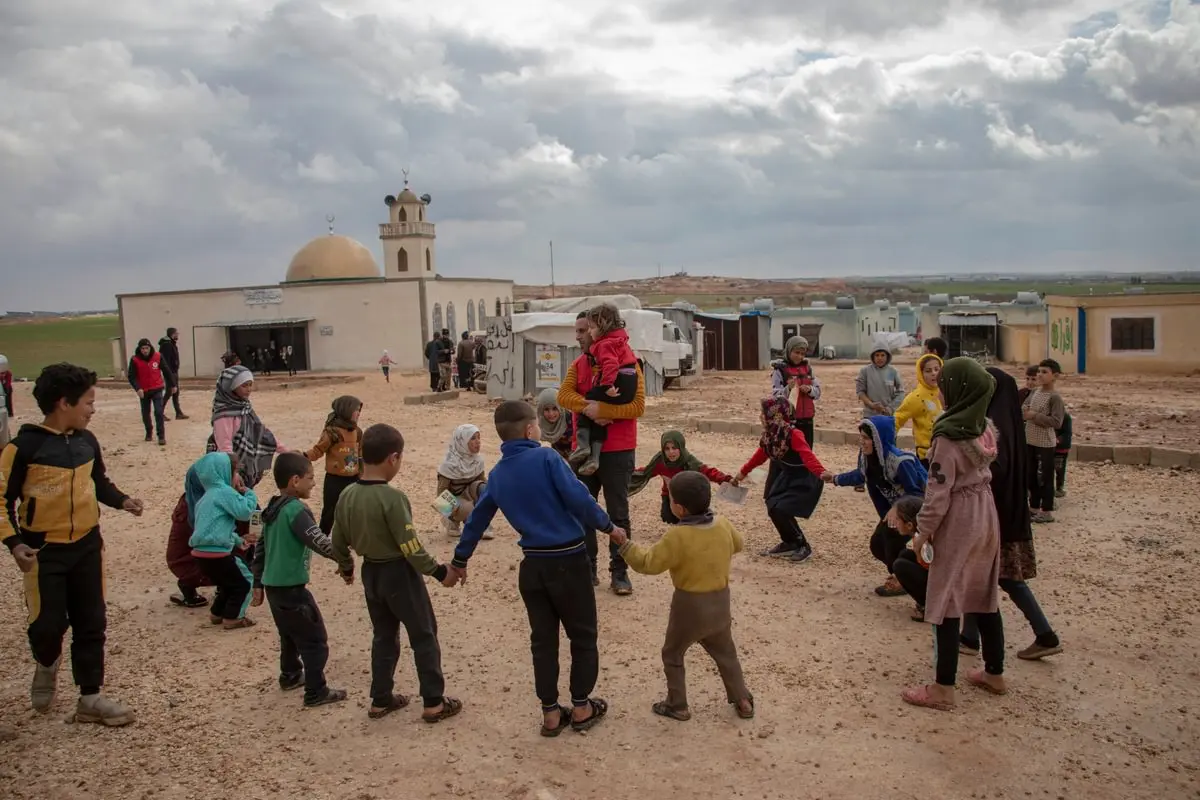
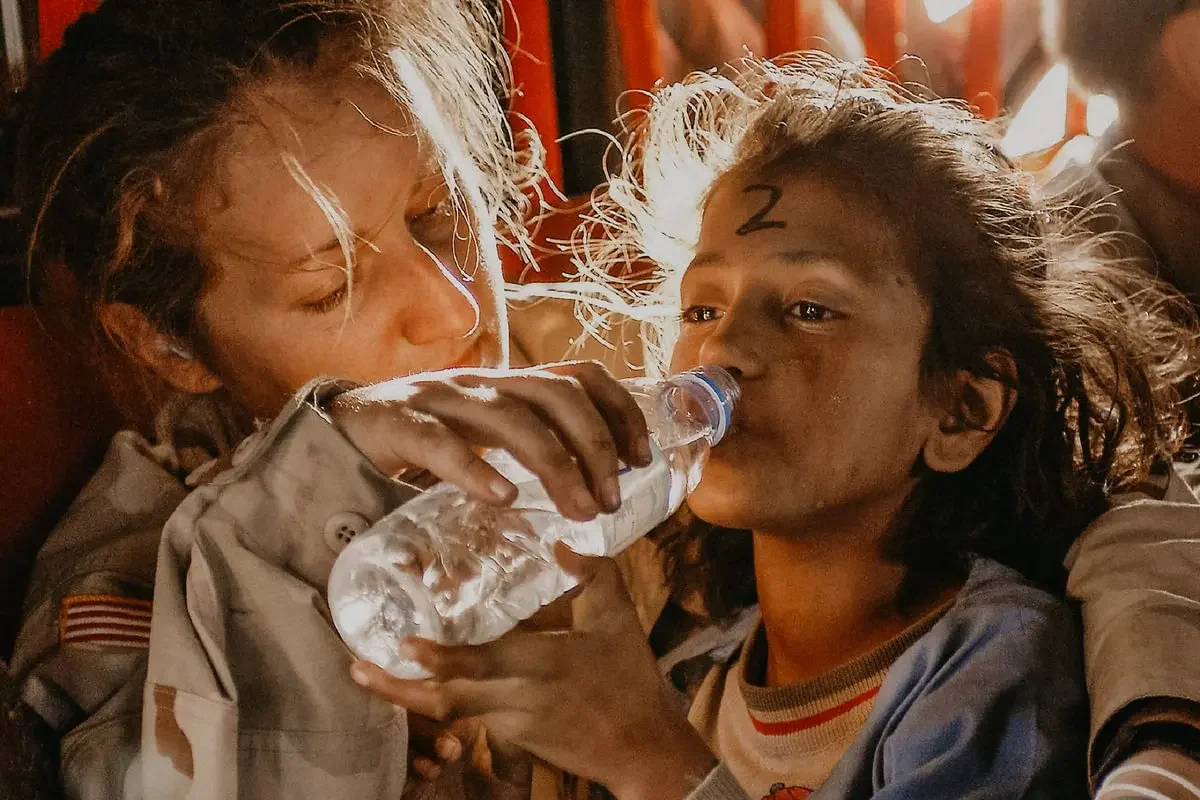
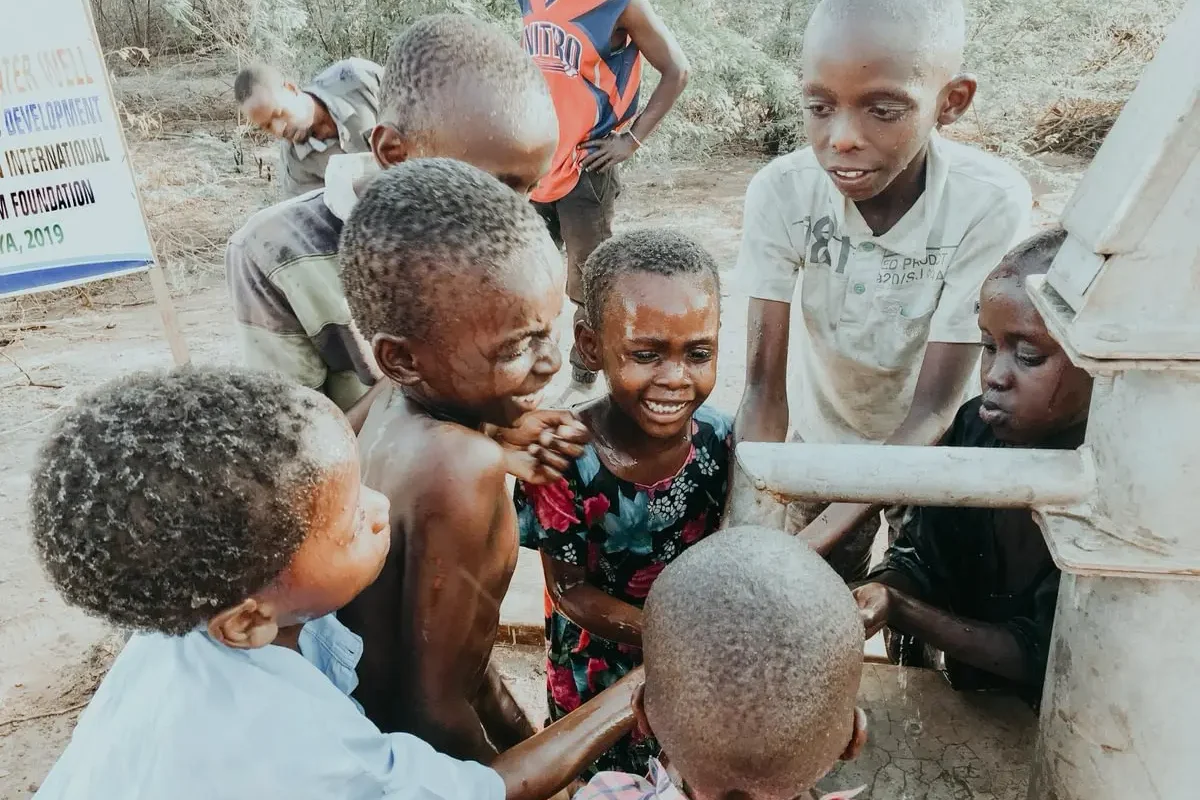
Human Concern International is the oldest Muslim relief organization in Canada, fighting poverty for over 45 years.
We are a registered charity with the CRA. Charitable Registration No. 107497125 RR 0001